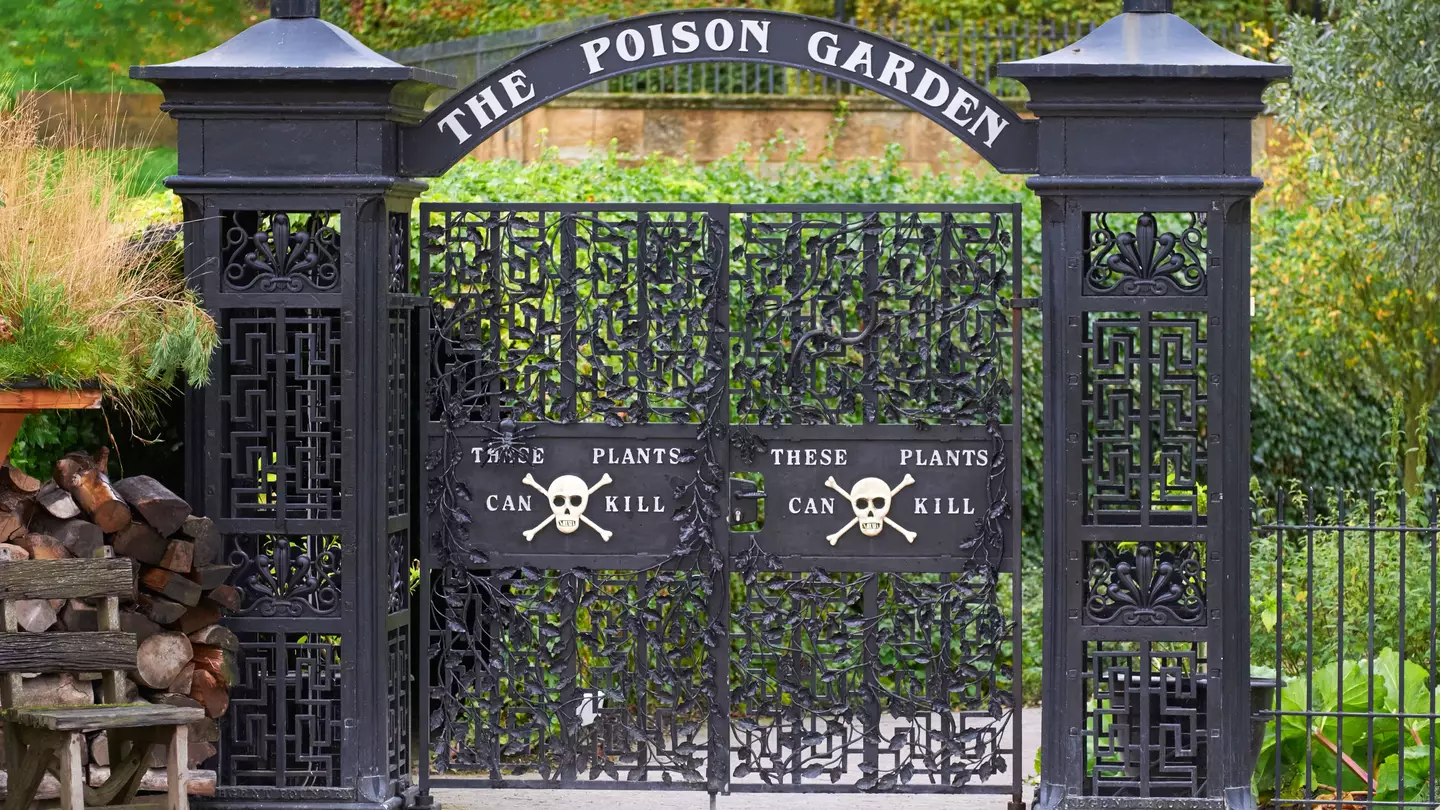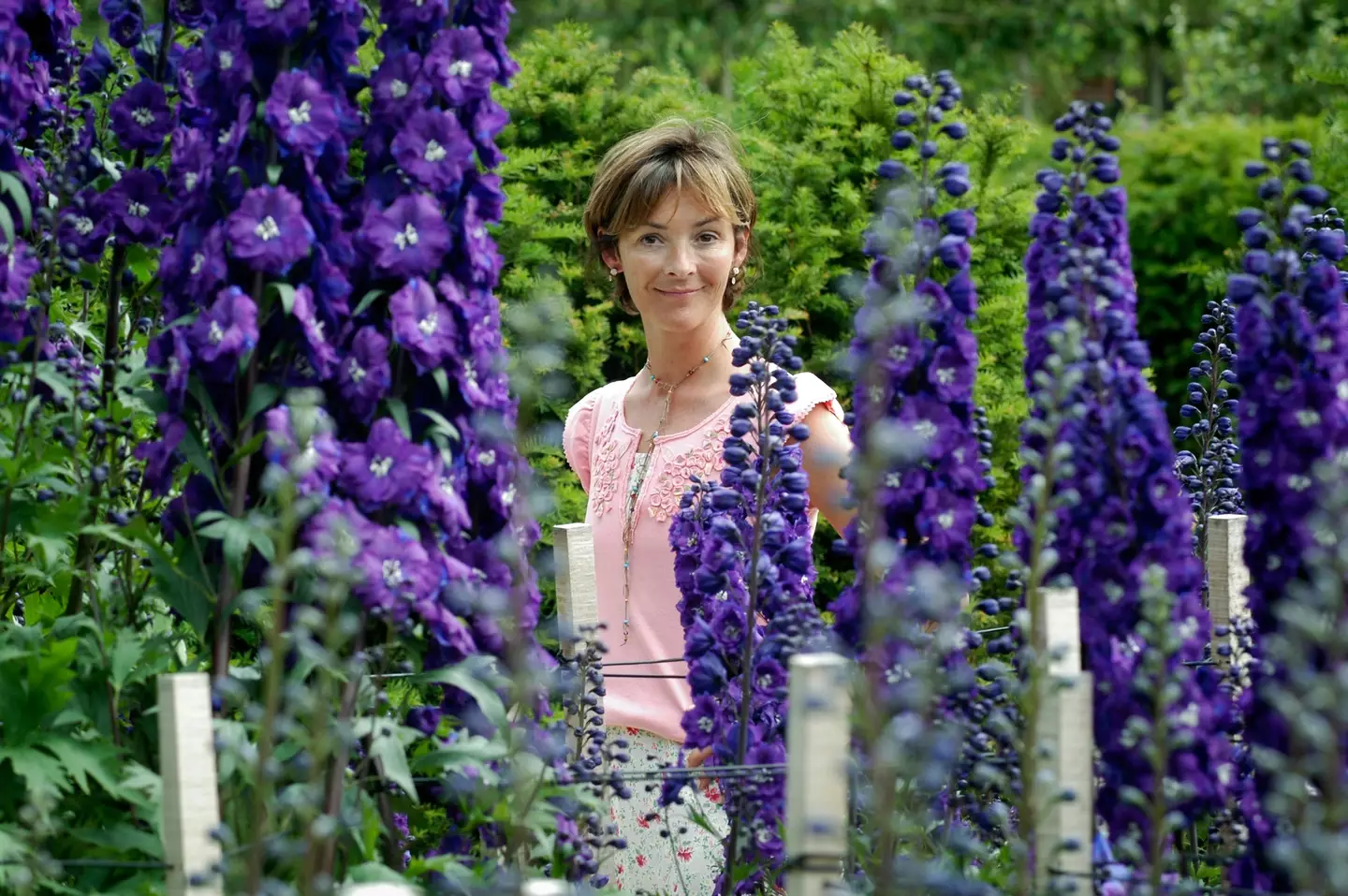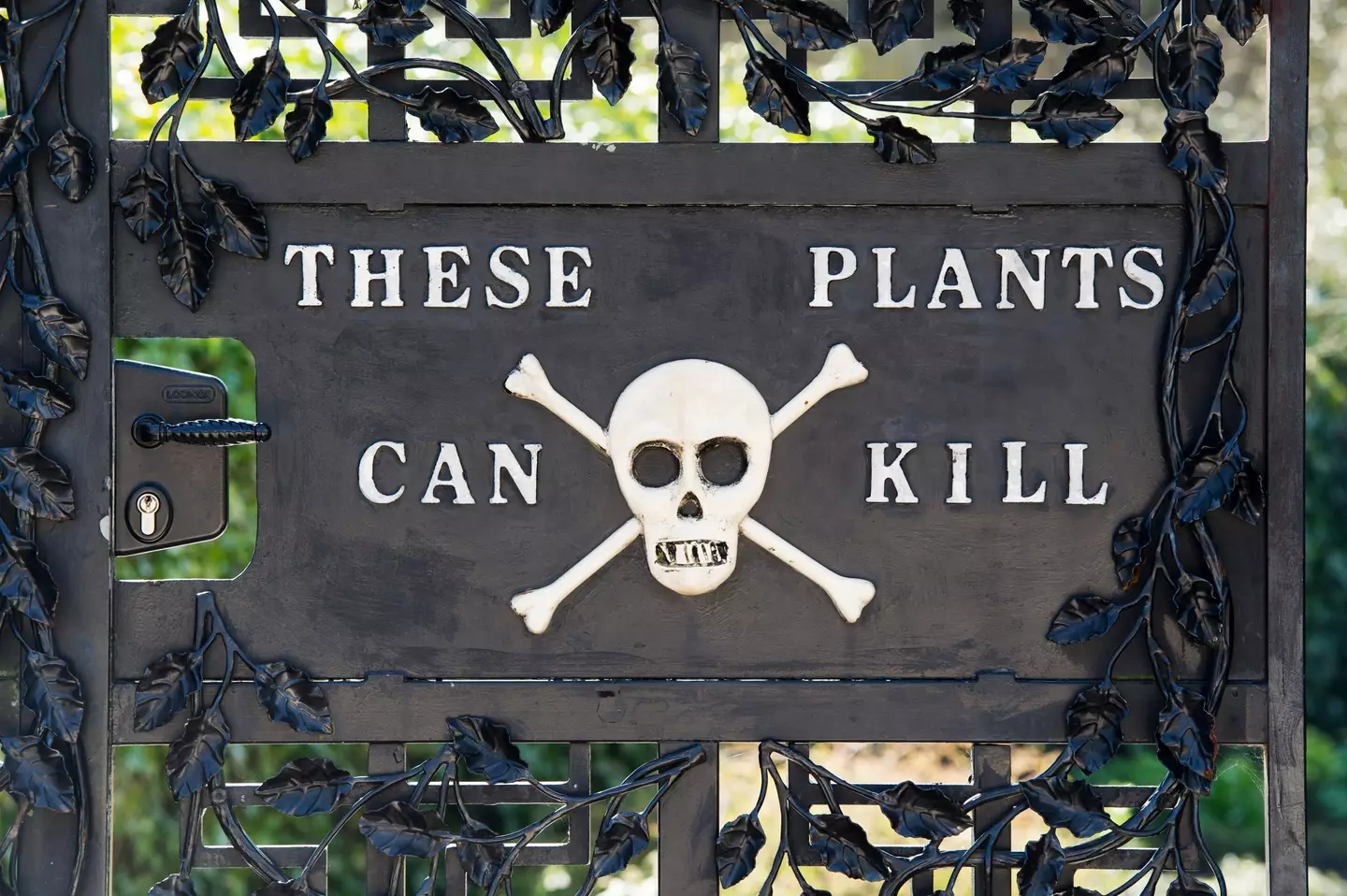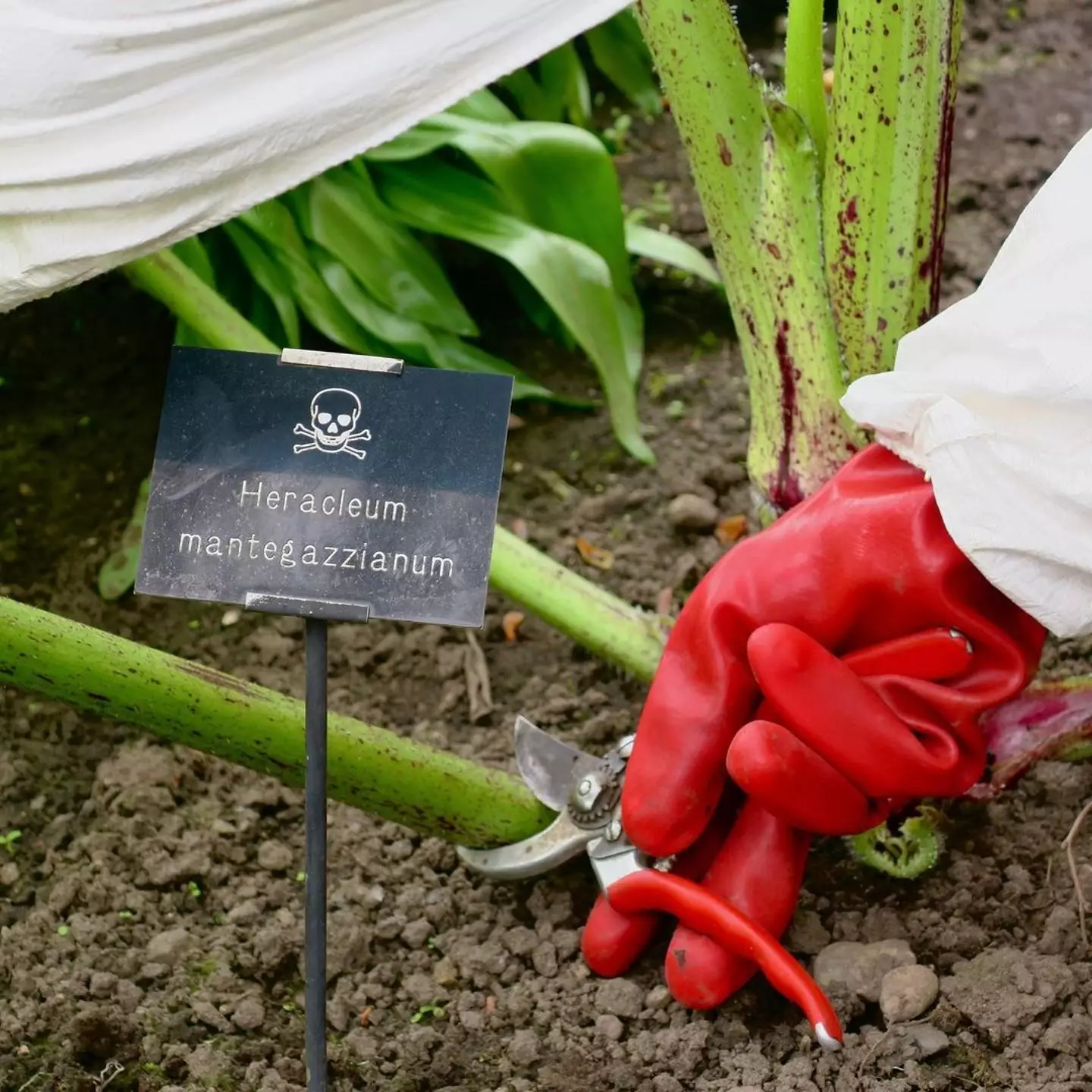
A garden in northern England features plants so deadly that it is only open to the public on guided tours, with victors strictly prohibited from smelling, touching or tasting any of the flora within.
The Poison Garden in Alnwick, Northumberland, is home to around 100 ‘toxic, intoxicating and narcotic plants’, from deadly nightshade and hemlock to strychnine and giant hogweed.
Part of the larger Alnwick Garden, which is currently closed for ‘essential maintenance’, is the creation of Jane Percy, the Duchess of Northumberland, who became a member of nobility when her husband’s brother suddenly died.
With the unexpected title came the magnificent Alnwick Castle – which many of you might recognise from the Harry Potter films – and its grounds, with Percy’s husband tasking her with bringing new life into the gardens.

Percy told Smithsonian Magazine, which refers to the garden as the ‘world’s deadliest: "I think he thought, 'That will keep her quiet, she’ll just plant a few roses and that’ll be it.’”
But Percy decided to ‘do something really different’, taking inspiration from a famous poison garden in Italy that belonged to the Medici family in Padua.
"I thought, 'This is a way to interest children,'" she continued.
"Children don’t care that aspirin comes from a bark of a tree. What’s really interesting is to know how a plant kills you, and how the patient dies, and what you feel like before you die."
Percy added: “What’s extraordinary about the plants is that it’s the most common ones that people don’t know are killers.”
The garden’s website says visitors are not allowed to smell, touch or taste any of the plants inside, and that people still ‘occasionally faint from inhaling toxic fumes’ while walking around.
The boundaries are kept behind black iron gates that warn ‘THESE PLANTS WILL KILL YOU’, and also bear two skull and crossbones as an extra caution, with guests only allowed inside on guided tours.
According to alternative tourism website Atlas Obscura the garden is also ‘secured each evening behind gates’ under 24-hour surveillance.

“The poison garden opened in 2005 as just a portion of the ambitious 14-acre new gardens,” the website explains.
“Wanting in part to hark back to old apothecary’s gardens, the duchess shied away from planting healing medicinals and instead sought out hard-to-get deadly poisons. Also included in the gardens are narcotic plants like opium poppies, cannabis, magic mushrooms, datura, and tobacco. Many of these required special government permission to grow.
“Because the danger posed by poisonous plants is very real (some can kill or sicken just through touch), some plants are caged, and the garden is secured each evening behind gates under a 24-hour security watch.”

One of Percy’s favourite plants is brugmansia, or ‘angel's trumpet’, a member of the solanaceae family that also includes deadly nightshade.
"It's an amazing aphrodisiac before it kills you," she told Smithsonian Magazine, explaining how Victorian women would often keep a flower from the plant on their card tables and add small amounts of the pollen into their tea to stimulate an LSD-like trip.
"[Angel's trumpet] is an amazing way to die because it's quite pain-free," she said.
"A great killer is usually an incredible aphrodisiac."
Featured Image Credit: AlamyTopics: UK News